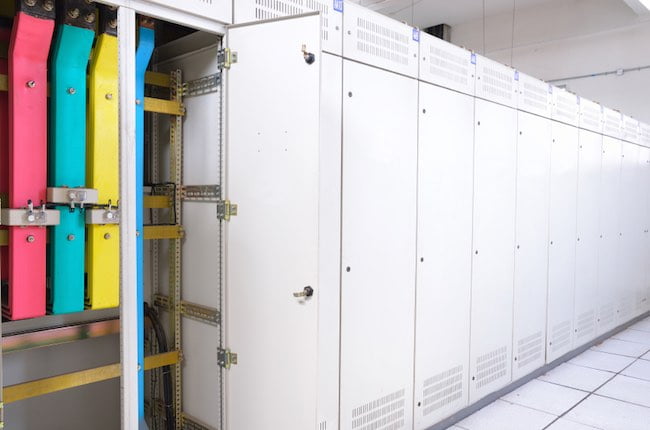6 Things You Should Know Before Choosing Industrial Cooling Equipment

The process of choosing electrical enclosure cooling equipment is not straightforward. It requires an understanding of heat loads in the enclosure and the optimum working temperature of electrical equipment to size your air conditioner. Another level of complexity is added if you are choosing cooling solutions for industrial applications. Industrial cooling equipment requirements are very demanding. Failure to meet standards could mean damage to your electrical equipment and halted productivity for your business. Here are six things you should know before choosing industrial cooling equipment:
-
Industrial Locations May Be Home to Extreme Temperatures
It is possible that your electrical enclosure will be placed directly next to other equipment on the work floor. Blast furnaces, industrial ovens and large industrial grade motors can contribute to temperature increase within your enclosure. Some industrial locations can also have space constraints and poor ventilation around the enclosures that inhibit the use of open-loop cooling systems. Industrial cooling equipment may need to be equipped to operate at high ambient temperatures, to be easily programmable and to have short response time to fluctuating heat loads within the enclosure. They should be able to reliably control the enclosure temperature in a hot and possibly humid industrial location.
-
Industrial Electrical Equipment Dissipates a Lot of Heat
As a rule, industrial equipment is larger in size than equipment for use with most commercial applications. It can dissipate a lot of heat – more heat than a cabinet cooling fan can handle efficiently. Manufacturers specify maximum allowable temperatures for these equipment above which their normal performance, reliability and lifespan deteriorate. It is essential for industrial cooling equipment to be able to handle the high heat dissipation rate of this equipment and maintain the desired temperature within the enclosure.
-
Food and Beverage Industries Require Cooling Solutions That Can Handle Washdowns
Electrical enclosures in food and beverage industries have to be cleaned every day to maintain a level of cleanliness in accordance with the standards laid down by the FDA. Frequent washdowns with water and other chemicals could increase the risk of pitting corrosion for conventional enclosure components. It is crucial for industrial cooling equipment in these industries to be able to withstand corrosion from washdown and spraying. NEMA 4X enclosures with NEMA type 4X enclosure air conditioners equipped with corrosion-resistant filters and filter shrouds can minimize the chance of equipment failure.
-
Industrial Cooling Equipment Has to Handle Pollutants
Cement industries, flour mills, lumber mills and paper processing plants all have one thing in common – high degree of pollutants in the ambient air. These pollutants, if they come in contact with your electrical equipment, can cause damage by short-circuiting, corrosion and even fires. It is recommended that your electrical equipment be housed in a NEMA 4X sealed enclosure and cooled by a NEMA type 4X industrial cooling system equipped with high capacity filters that require less maintenance.
-
Enclosures May Need to Be Placed in Hazardous Locations
All equipment used in petrochemical plants, coal mines and oil refineries have to be in conformance with the requirements of ANSI/NFPA 70, NEC and CAN/CSA-C22.1, CEC standards for the specific class, division, group and temperature rating corresponding to the nature of the industry. The presence of combustible particles and flammable gas in the ambient air gives rise to a special requirement for hazardous duty industrial cooling equipment. It is mandatory that you find a manufacturer that designs enclosure cooling systems especially for hazardous locations.
-
Potentially Corrosive Environments Are a Possibility
There are several applications such as wastewater treatment and chemical processing plants that expose enclosures and their components to potentially corrosive environments. Industrial cooling equipment not only needs to be able to isolate the equipment inside the enclosure from the environment but also be resistant to corrosion. Stainless steel housings and epoxy coated condenser coils, evaporator coils and copper tubing can offer a good deal of protection against most acids and industrial solvents.
If you are interested in learning more about the right industrial cooling equipment for your application, our technical sales team at Thermal Edge can help you with the selection process. They can also provide ideas about the right accessories to protect your enclosure and its components from environmental factors.

